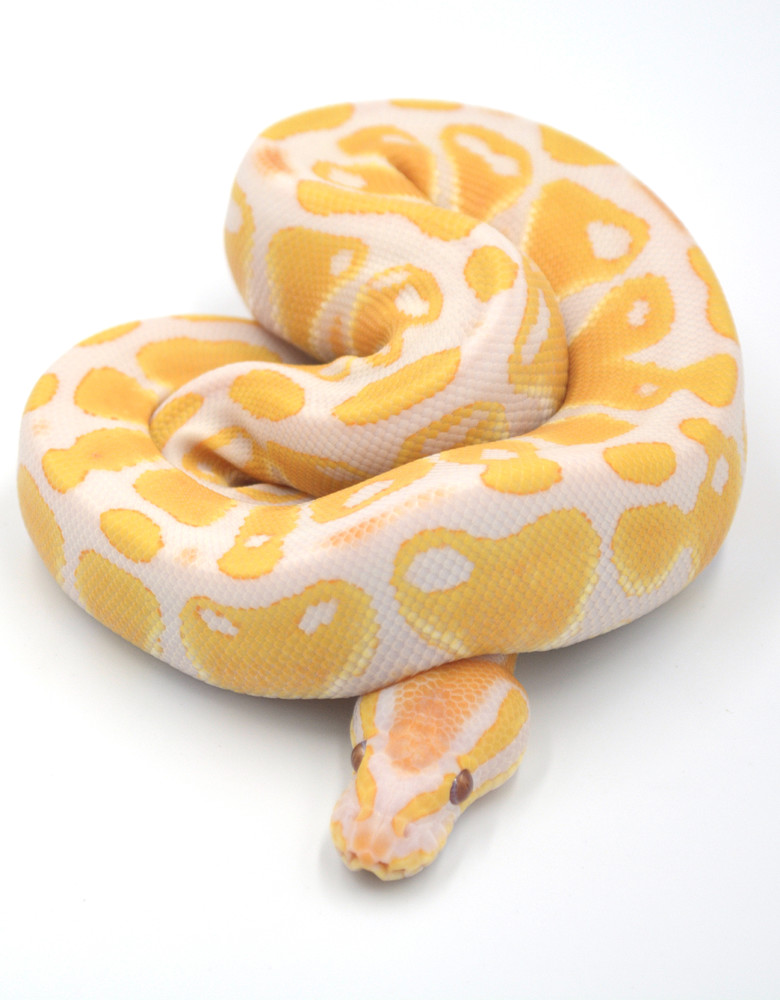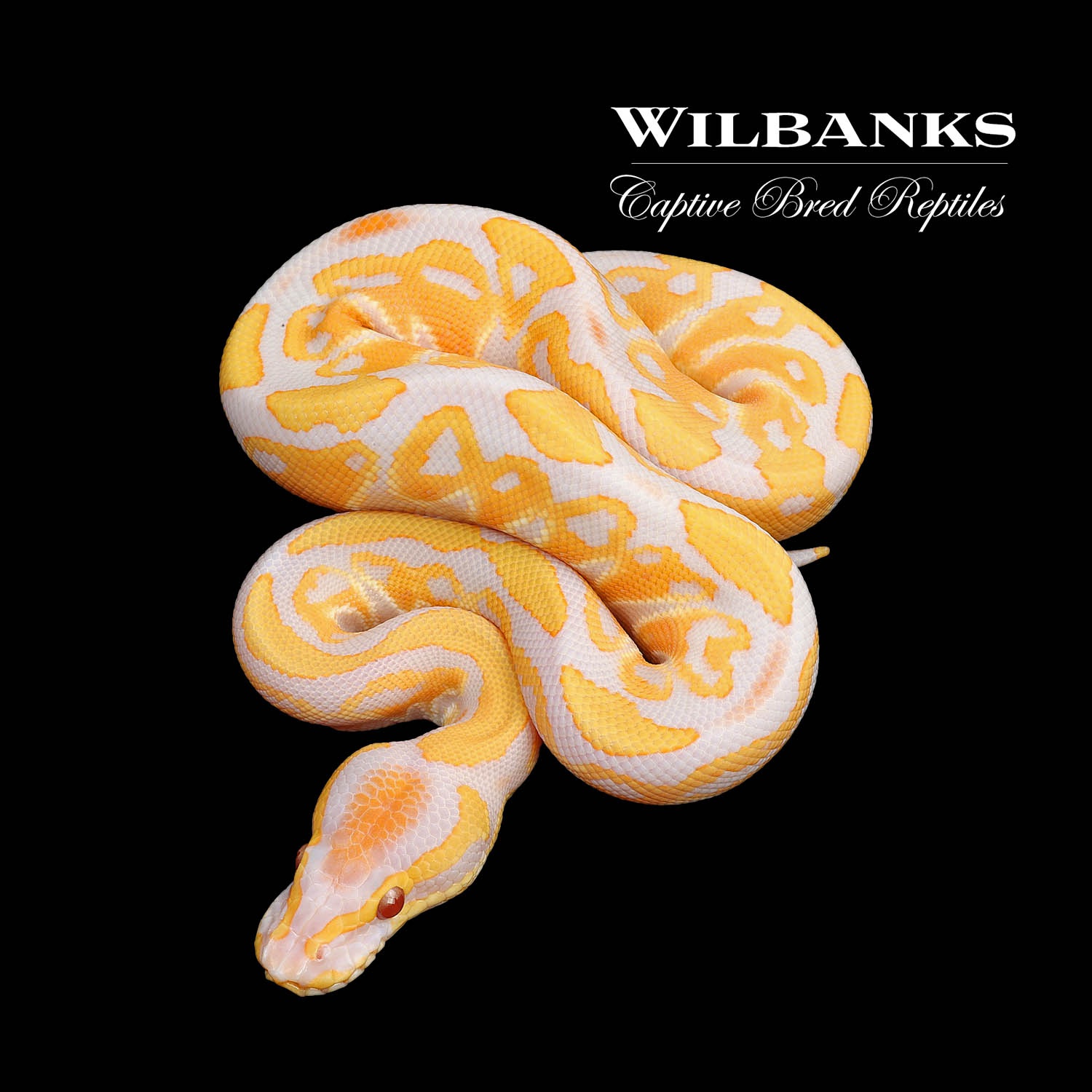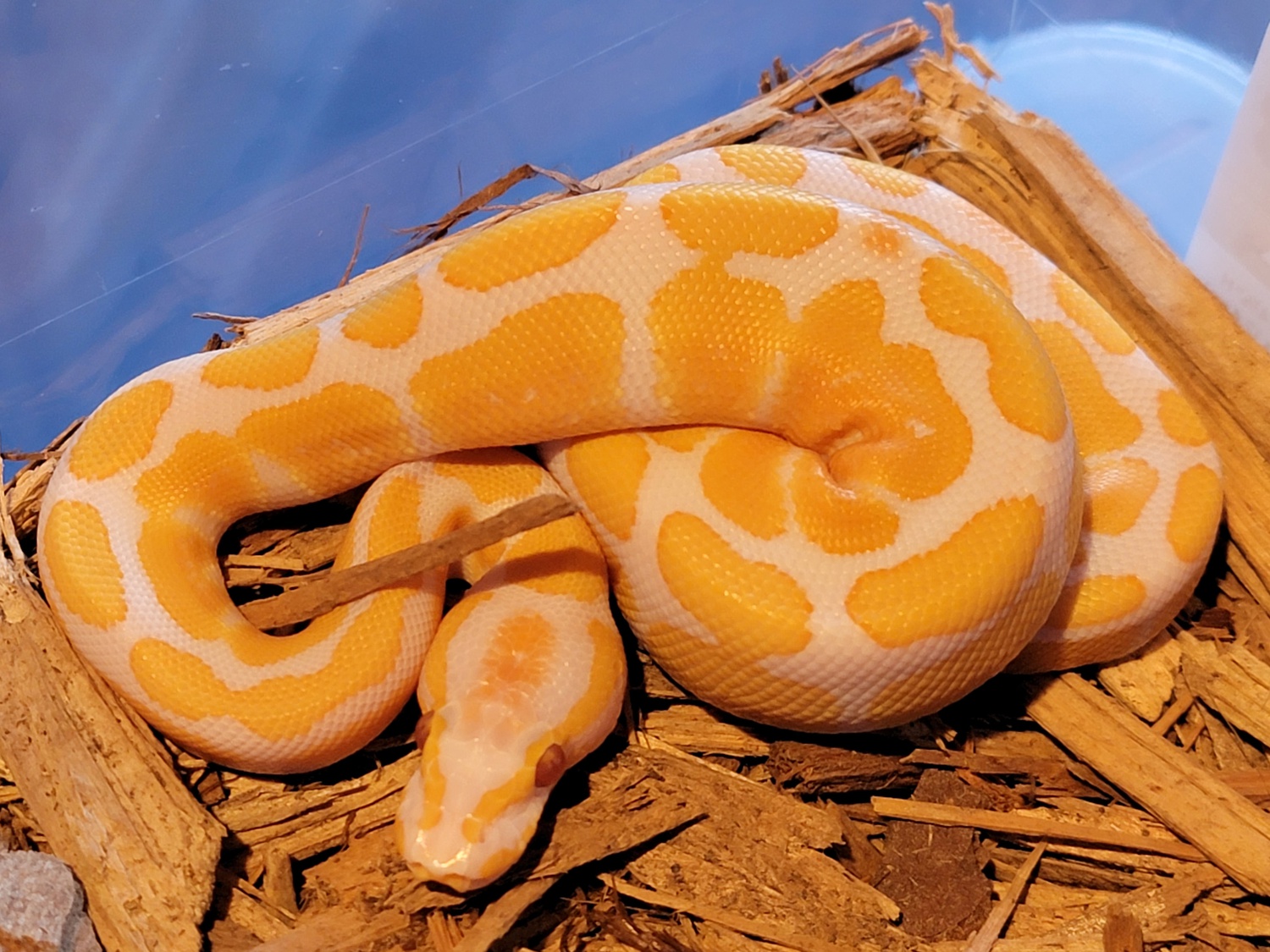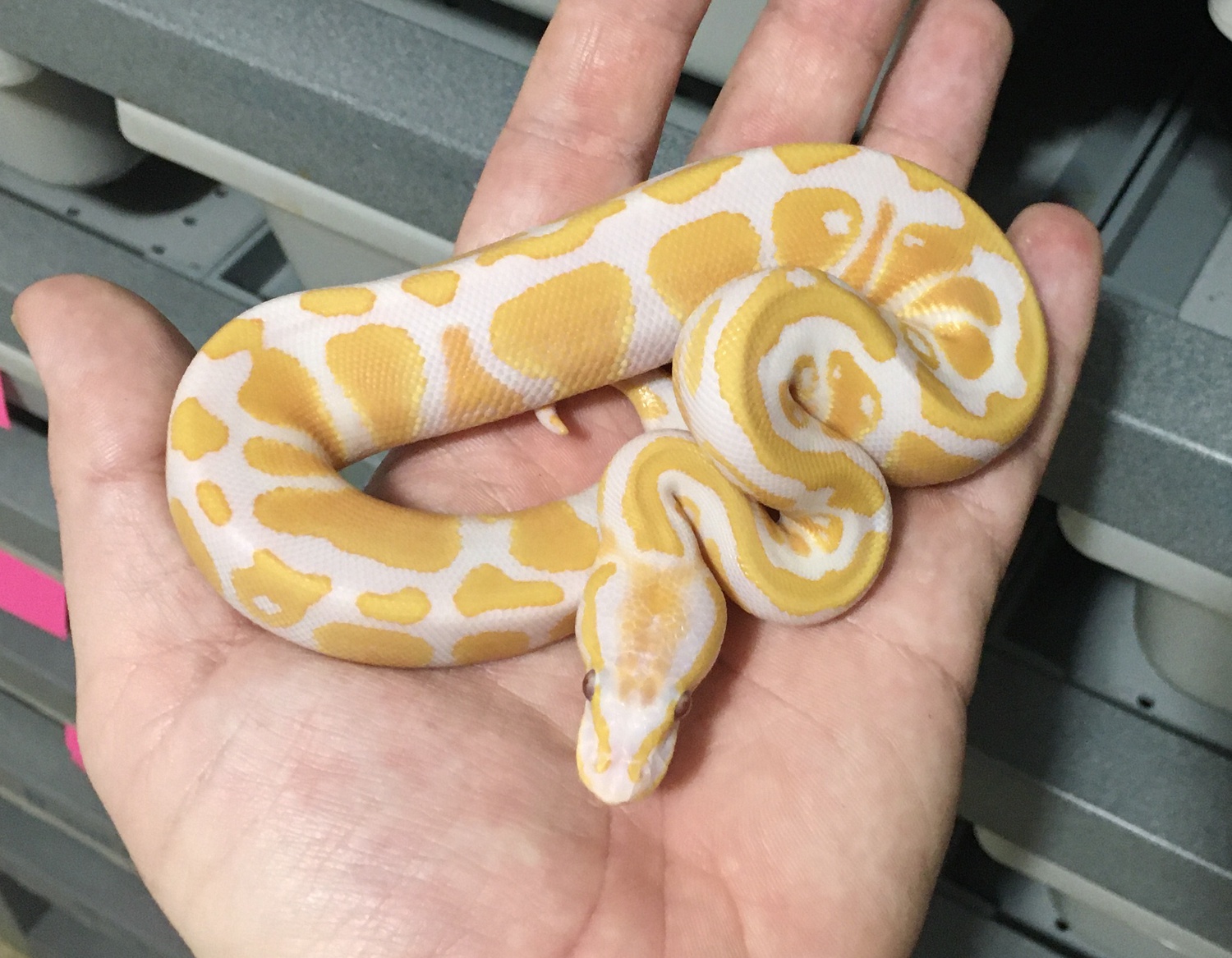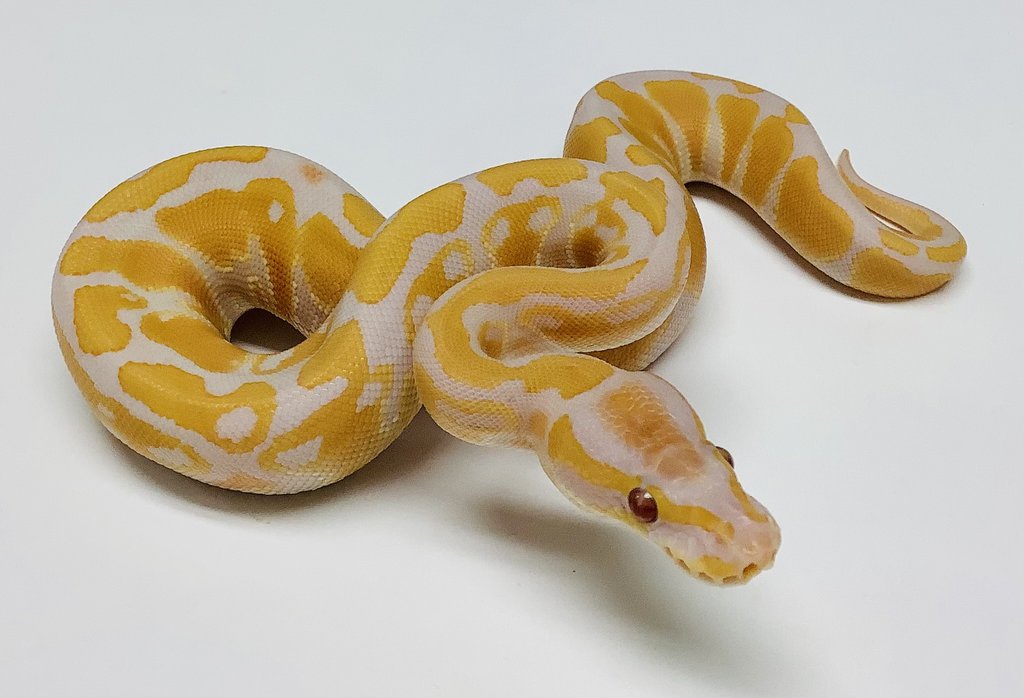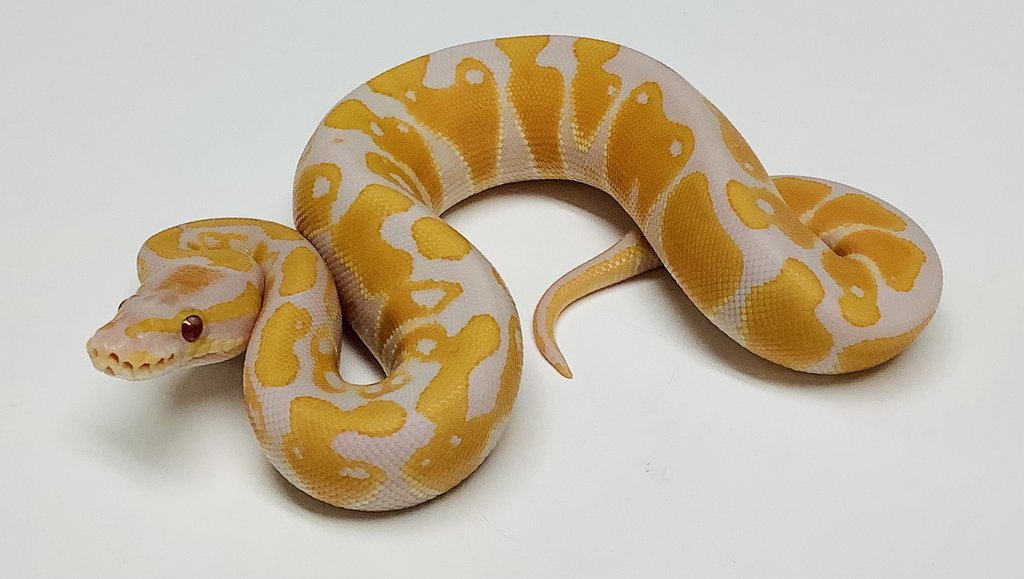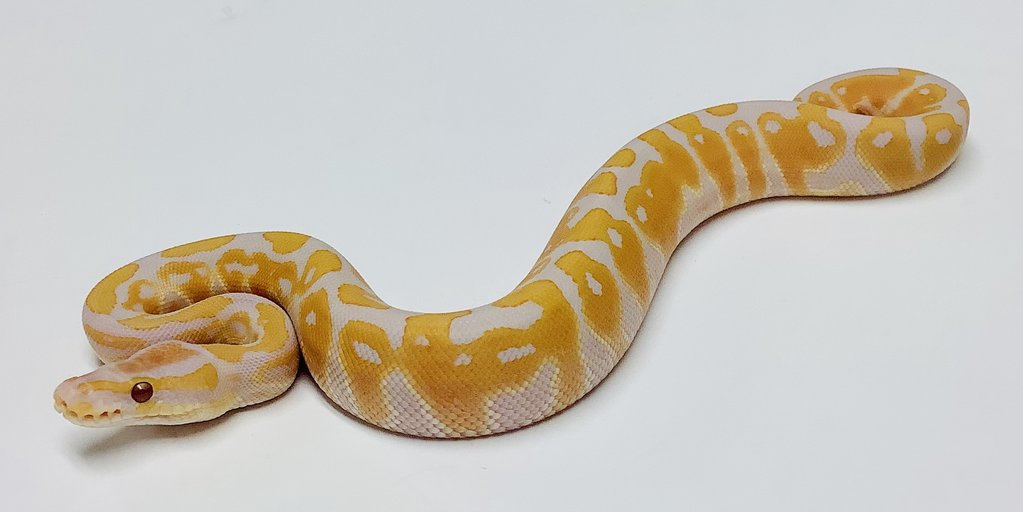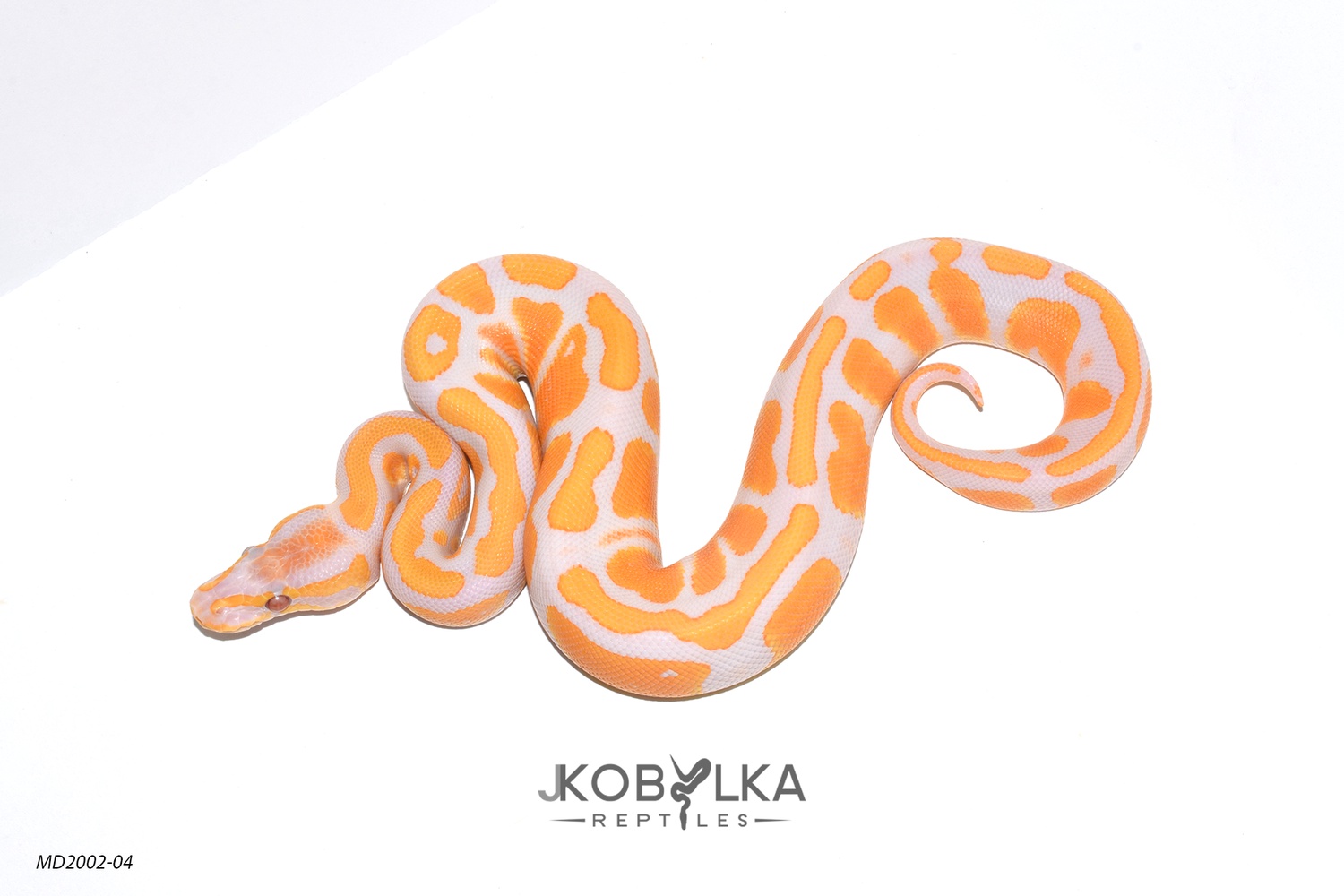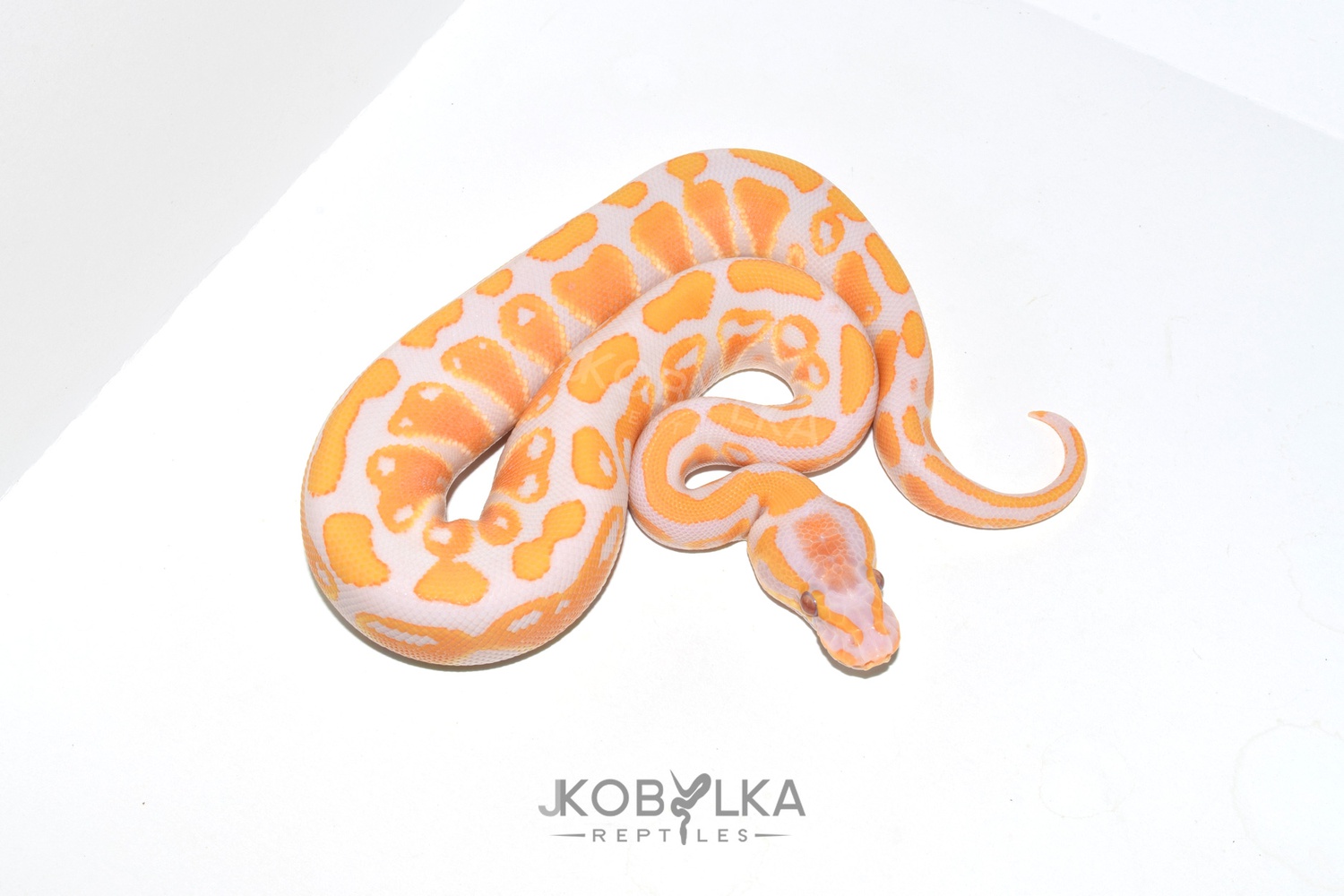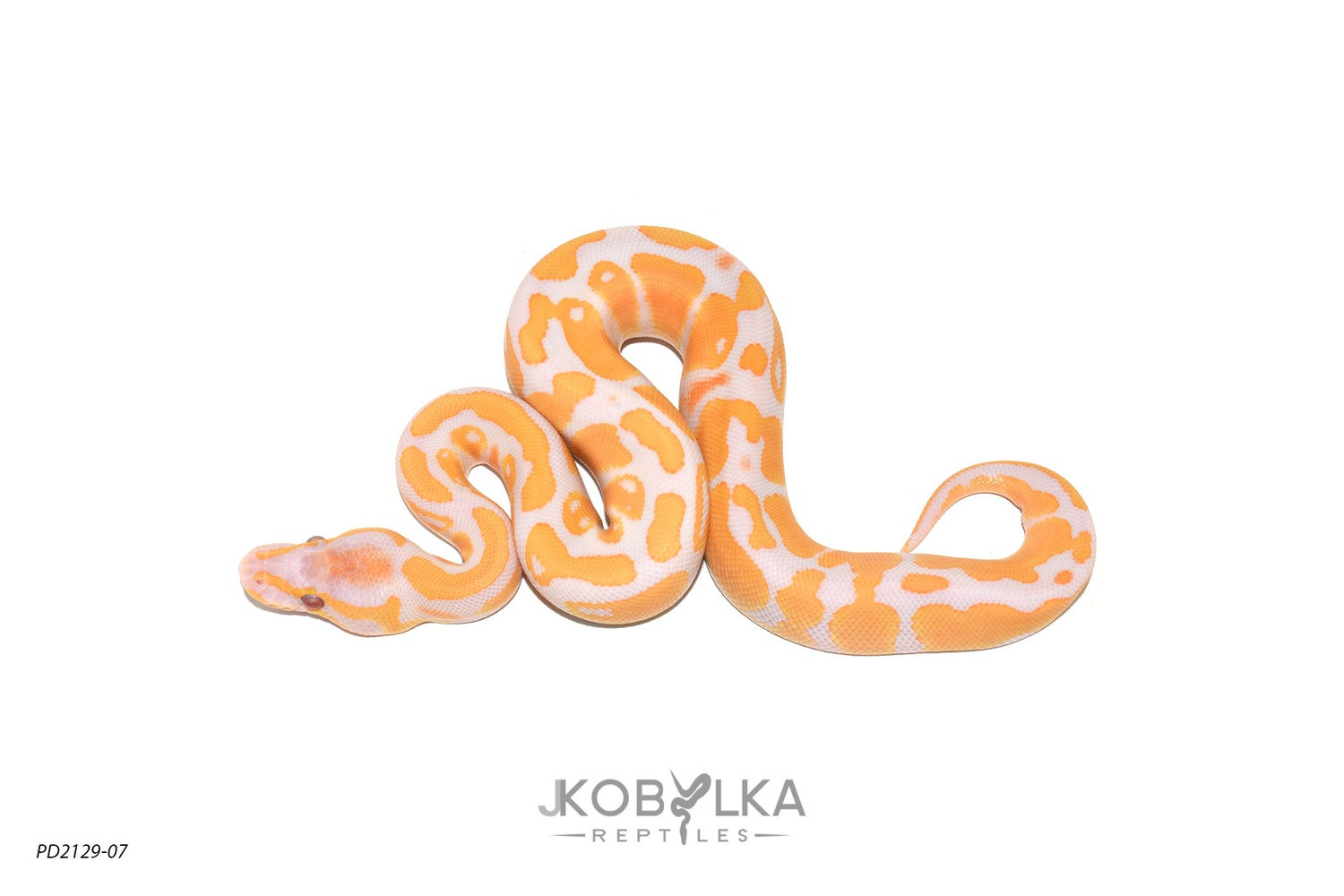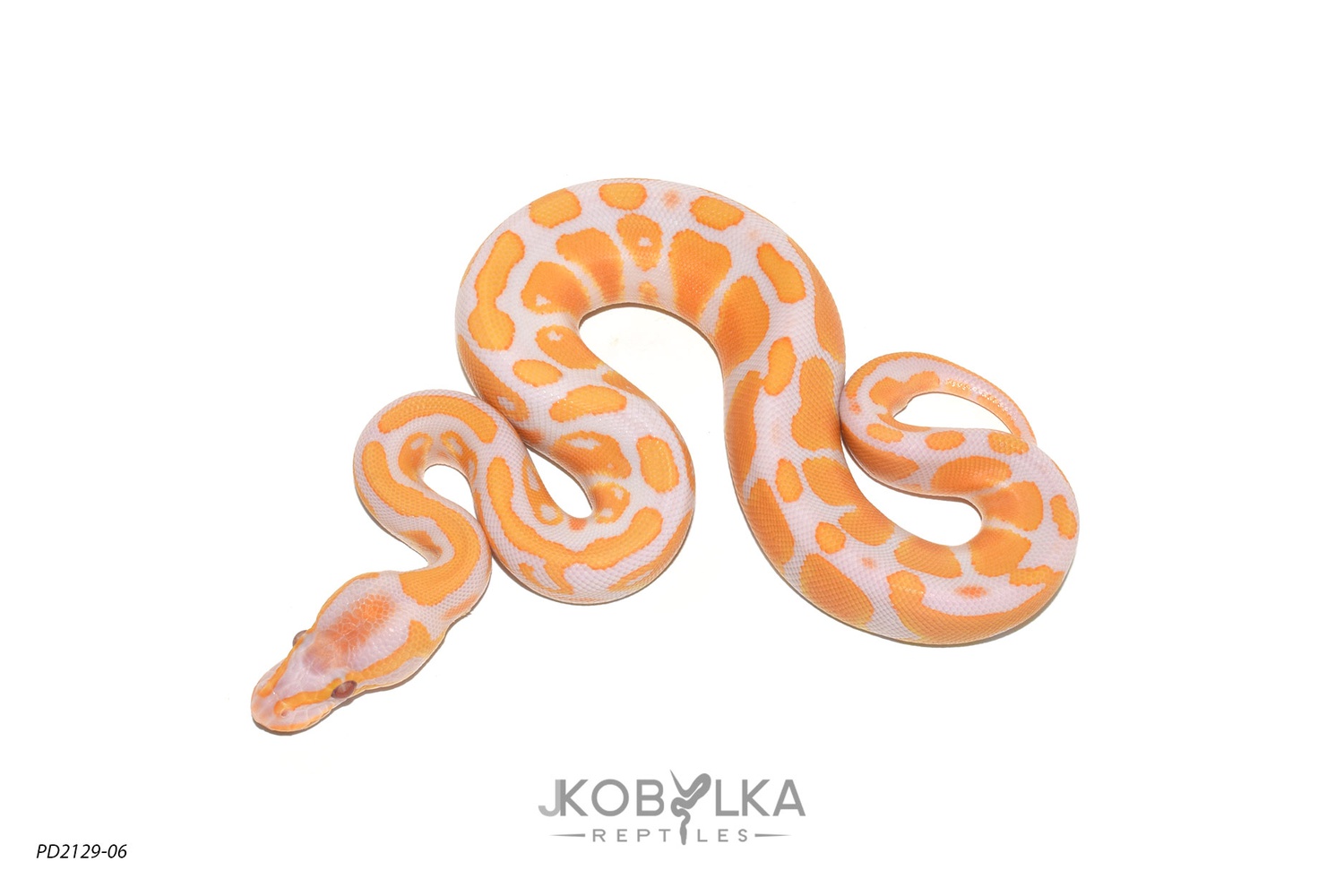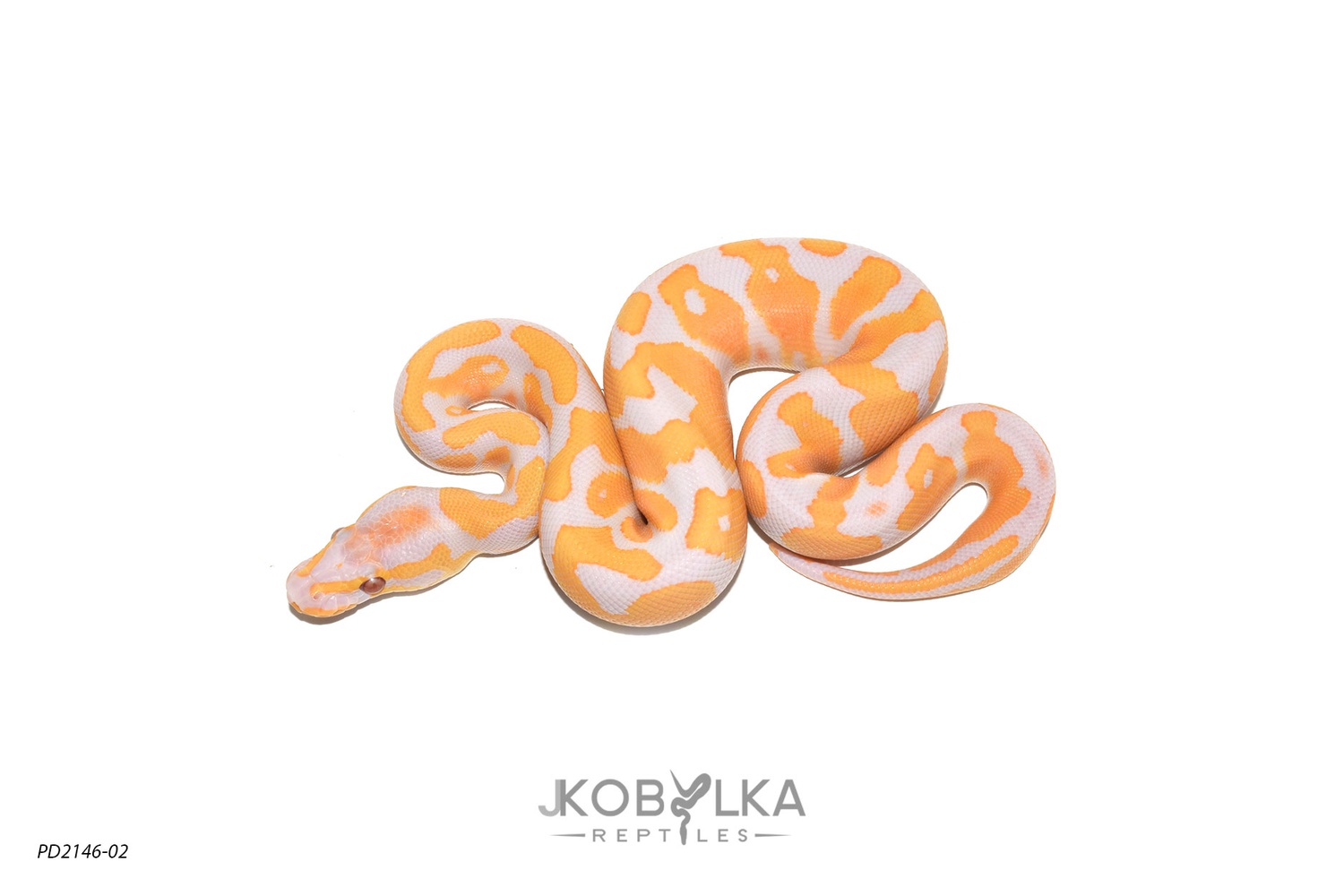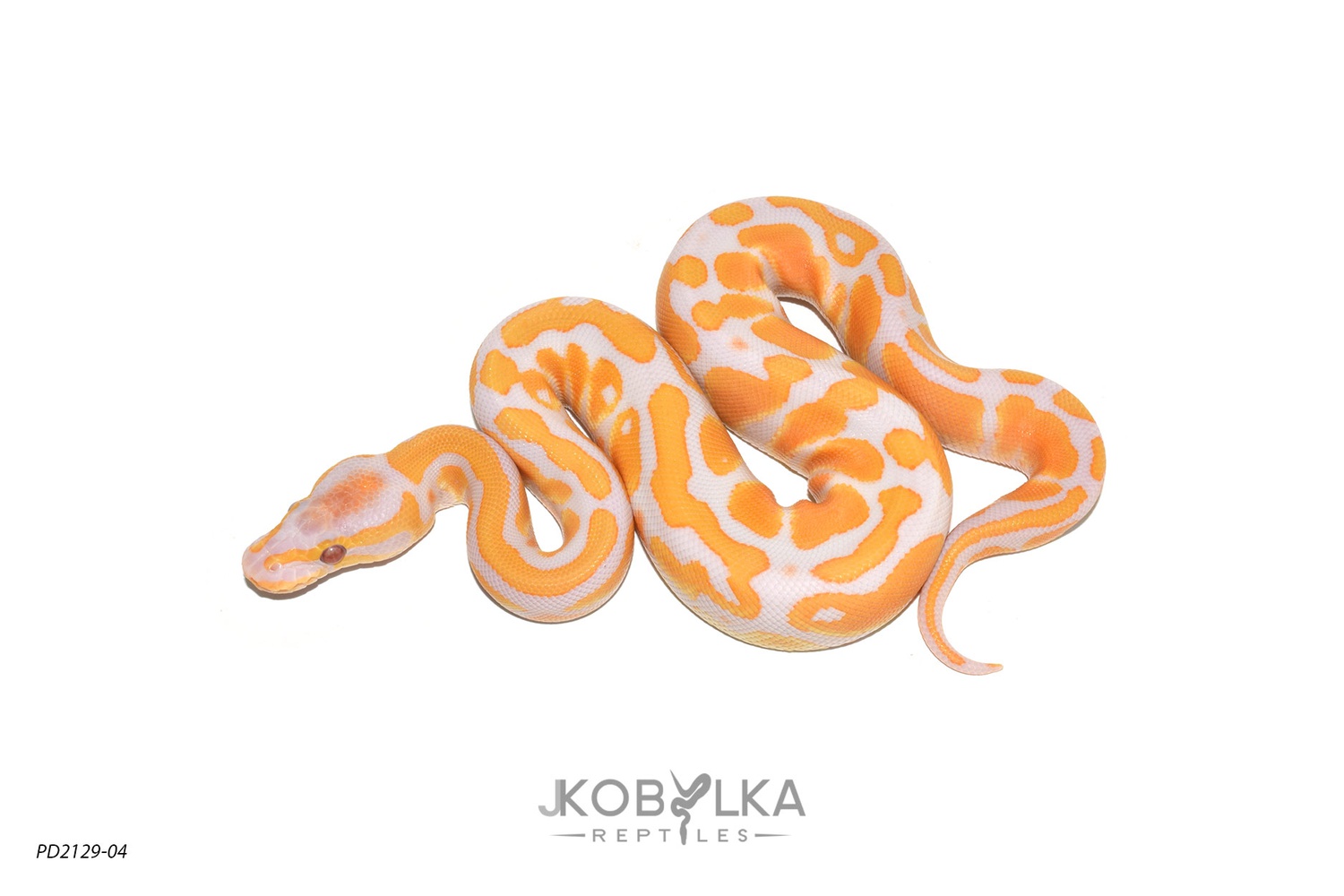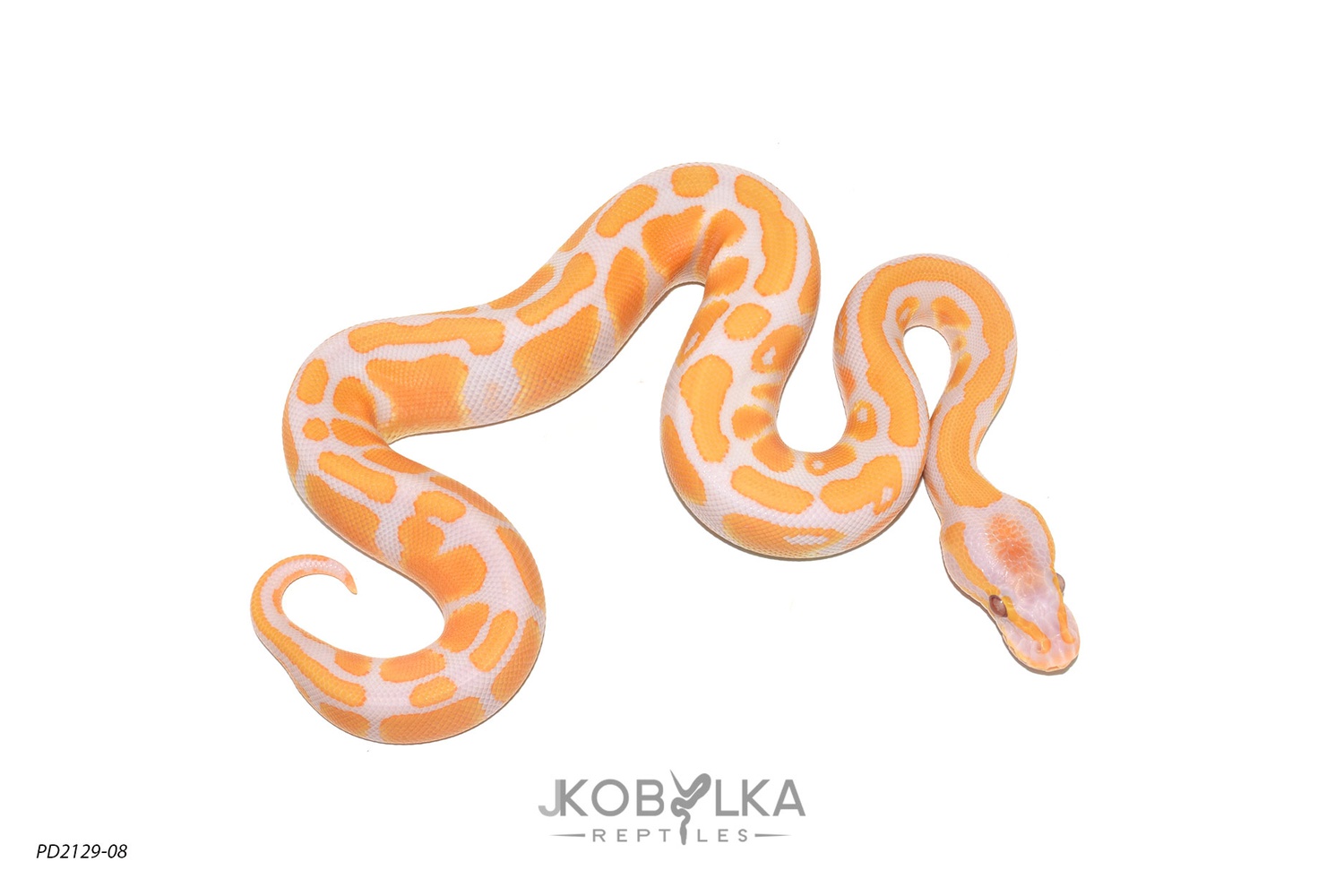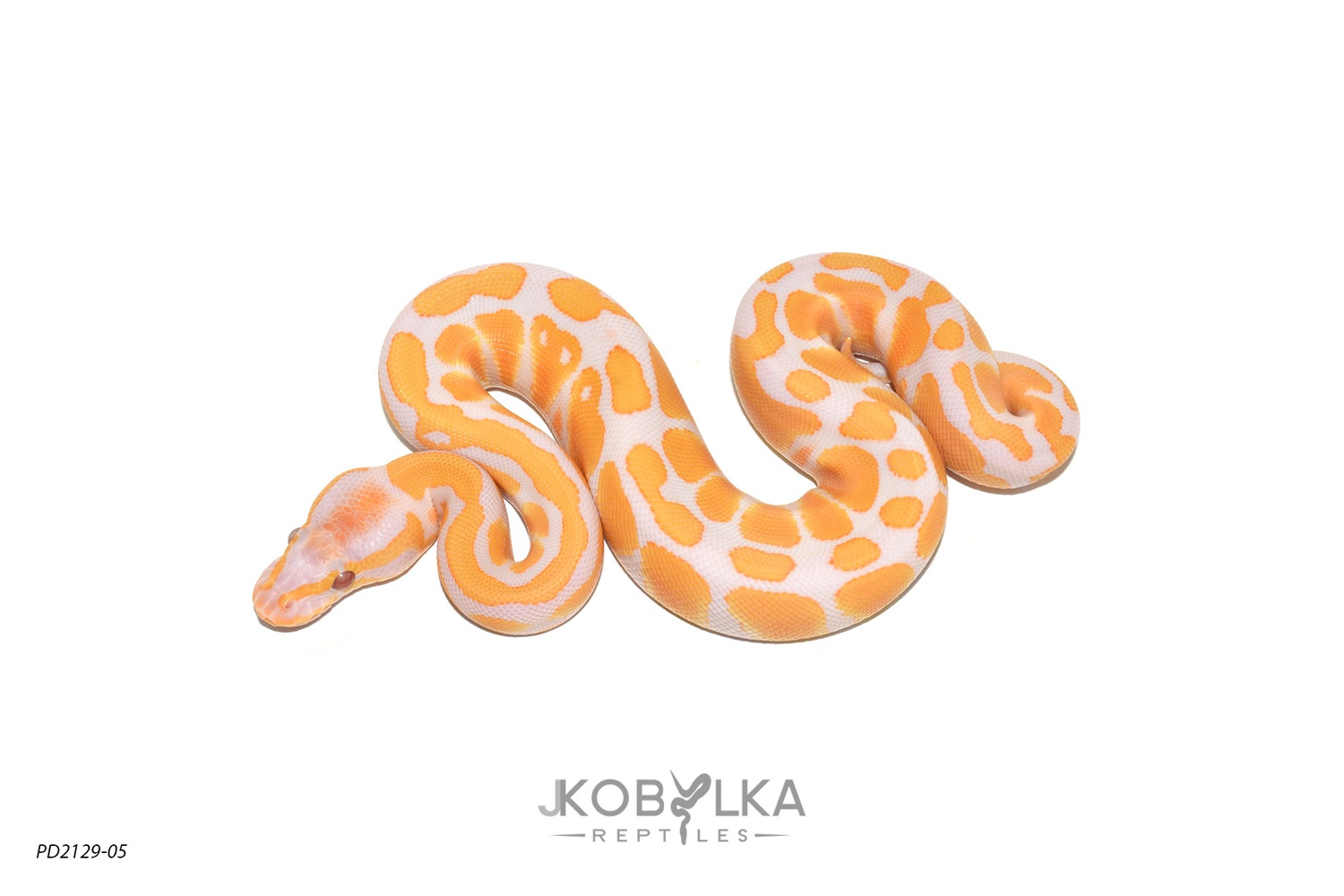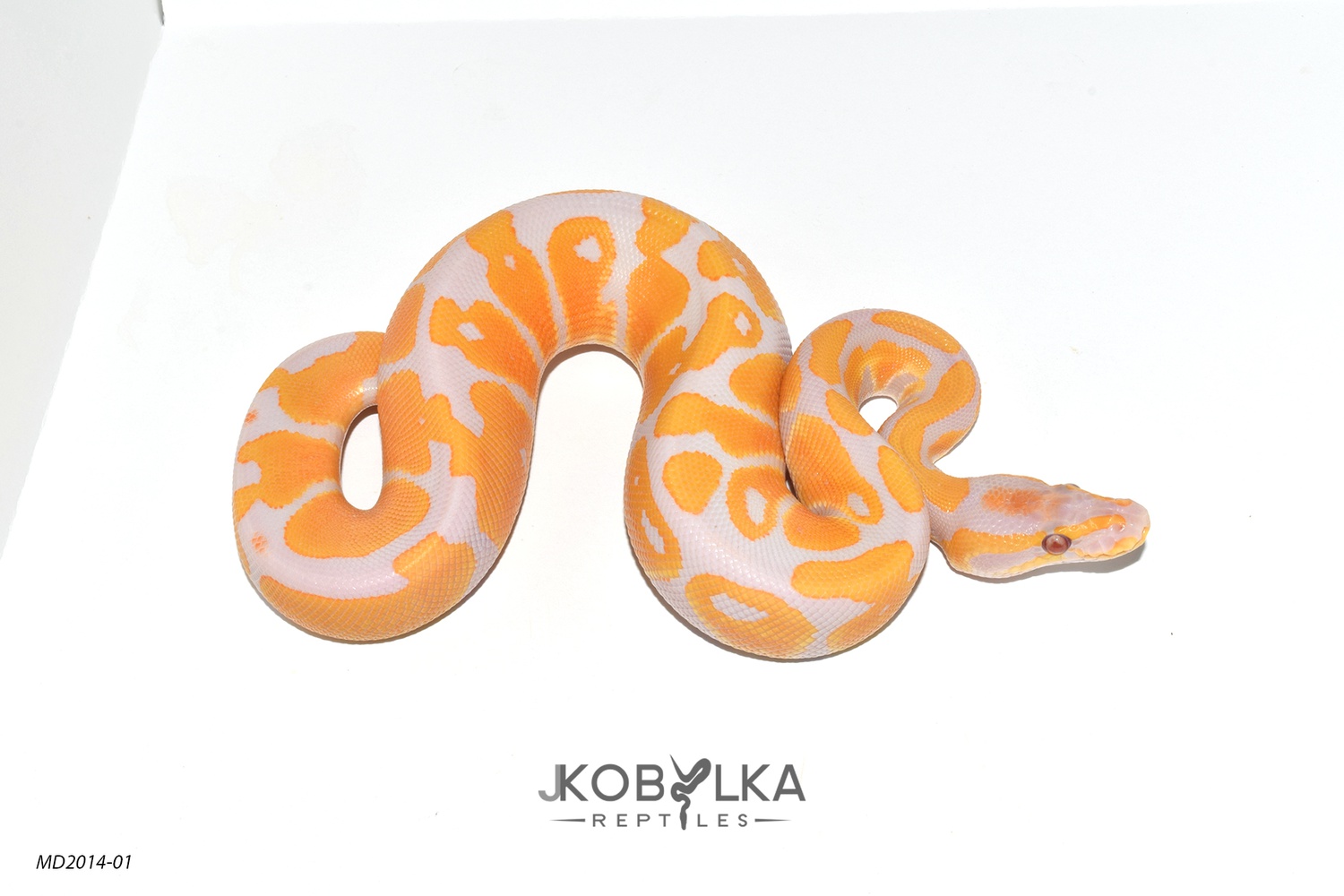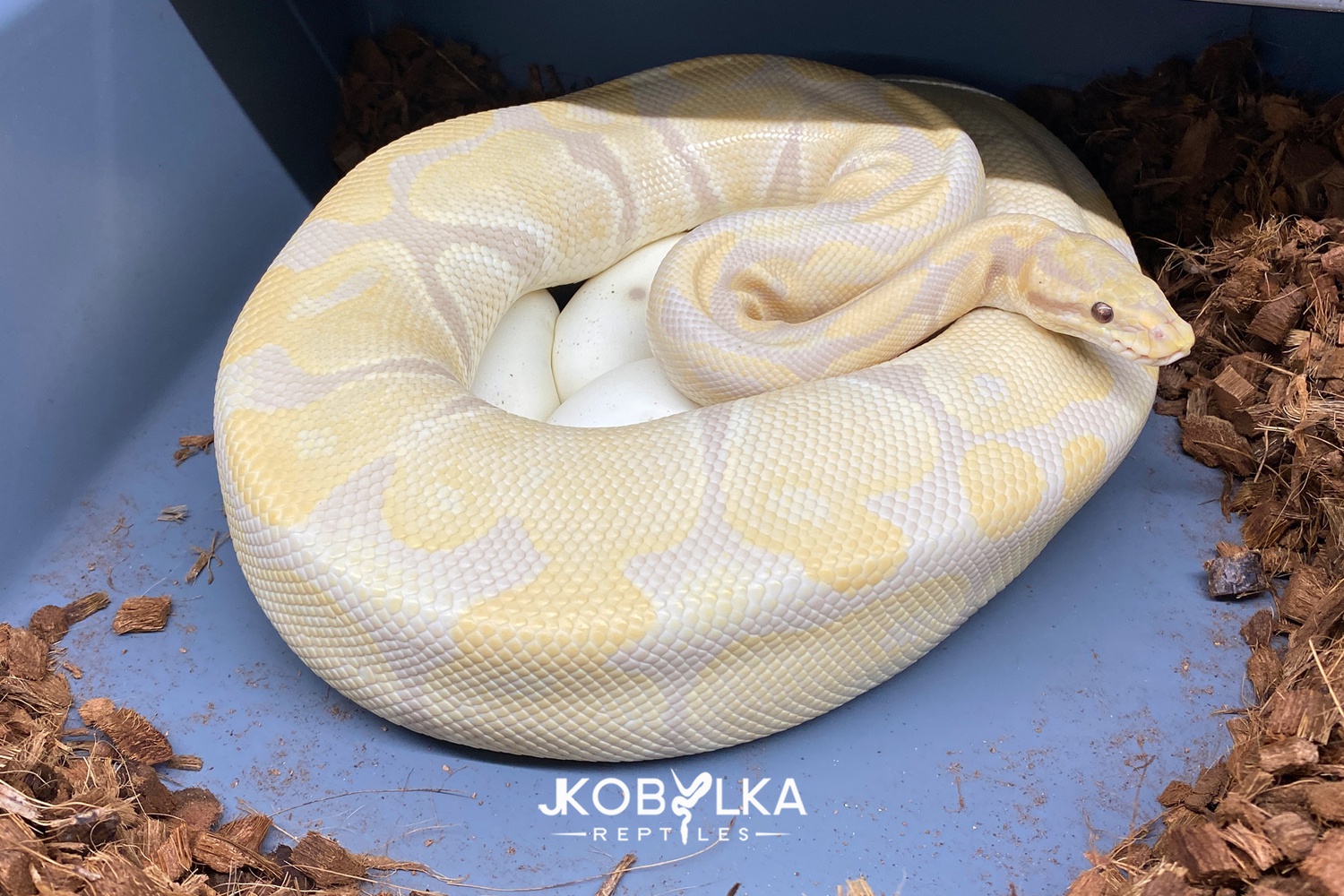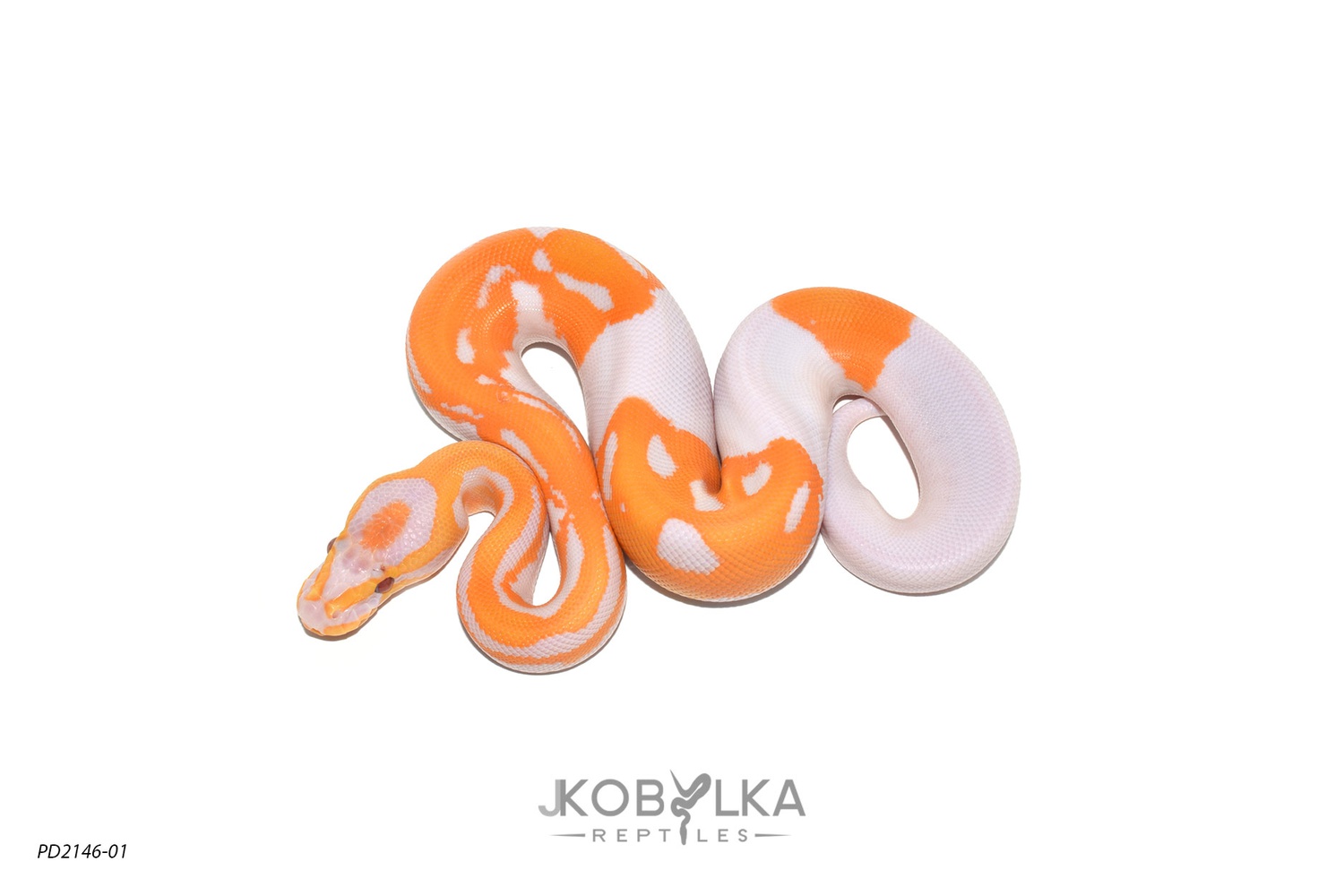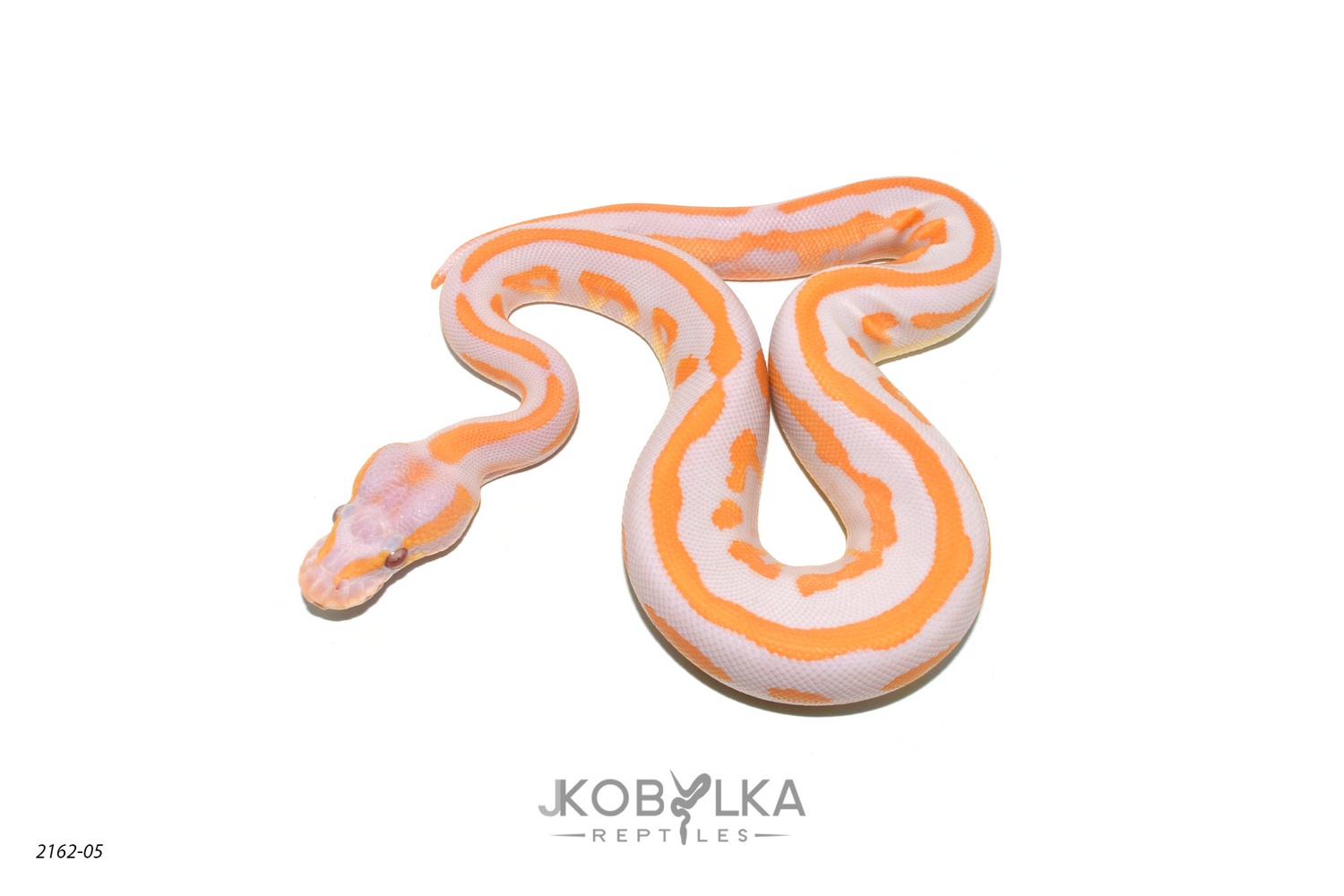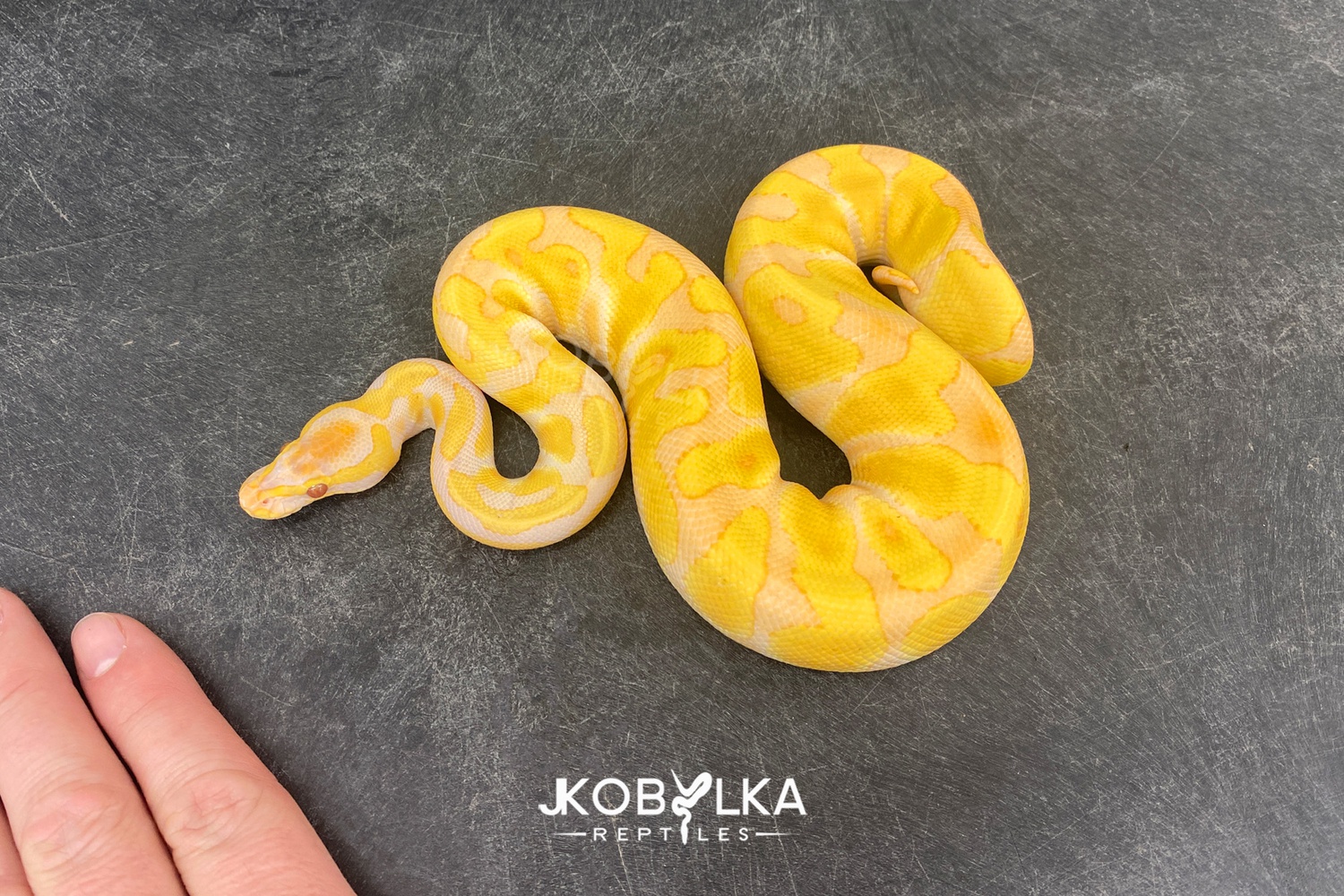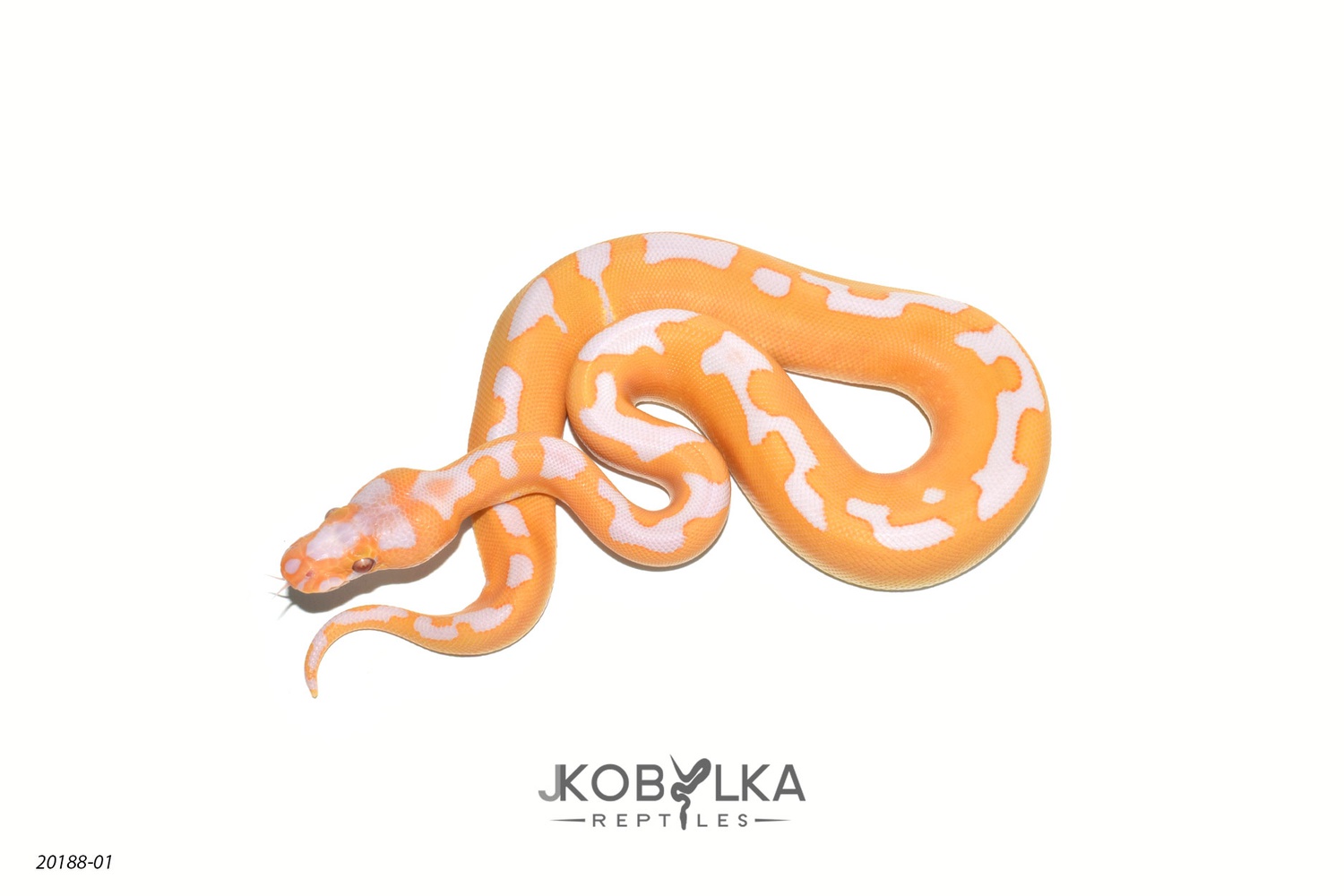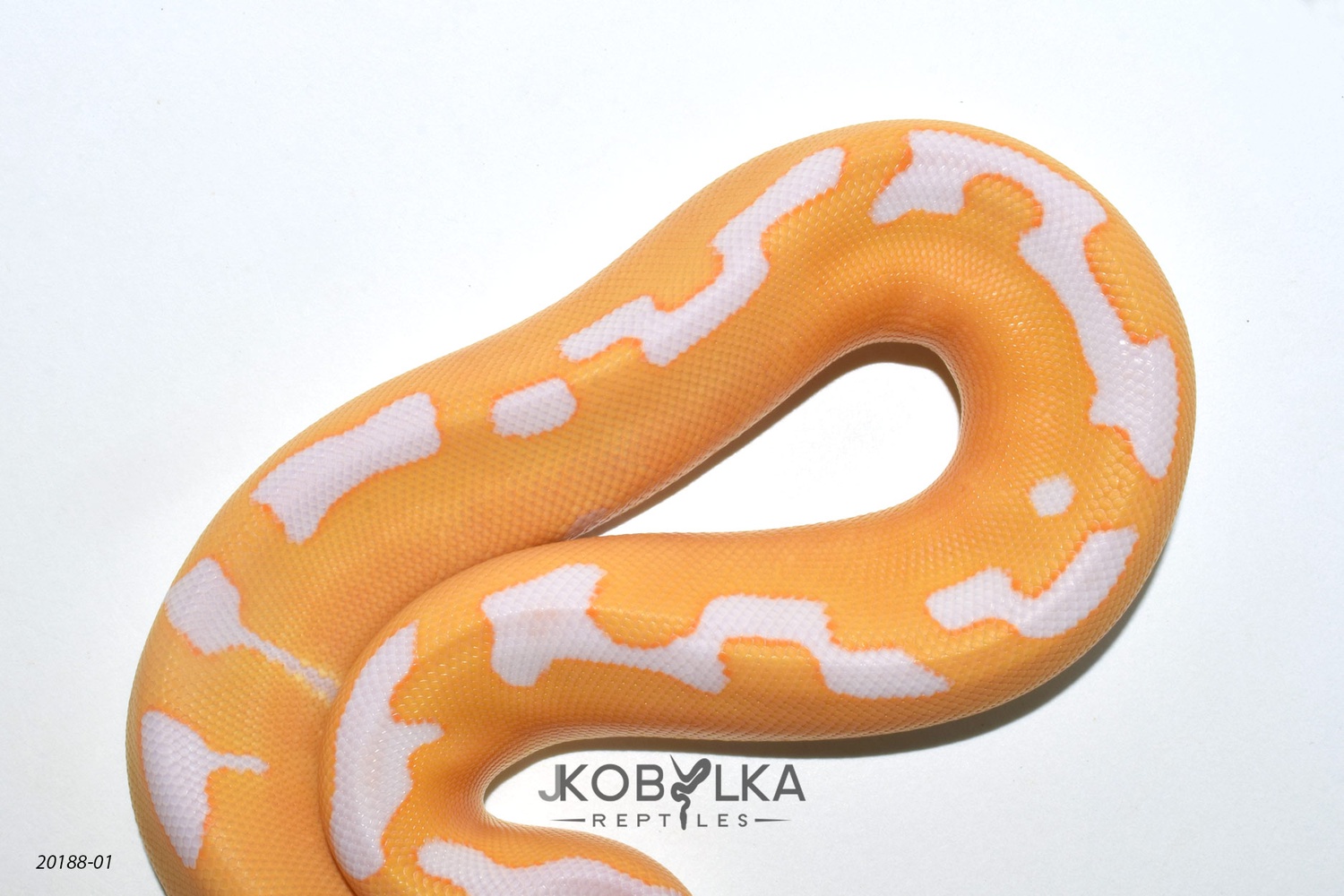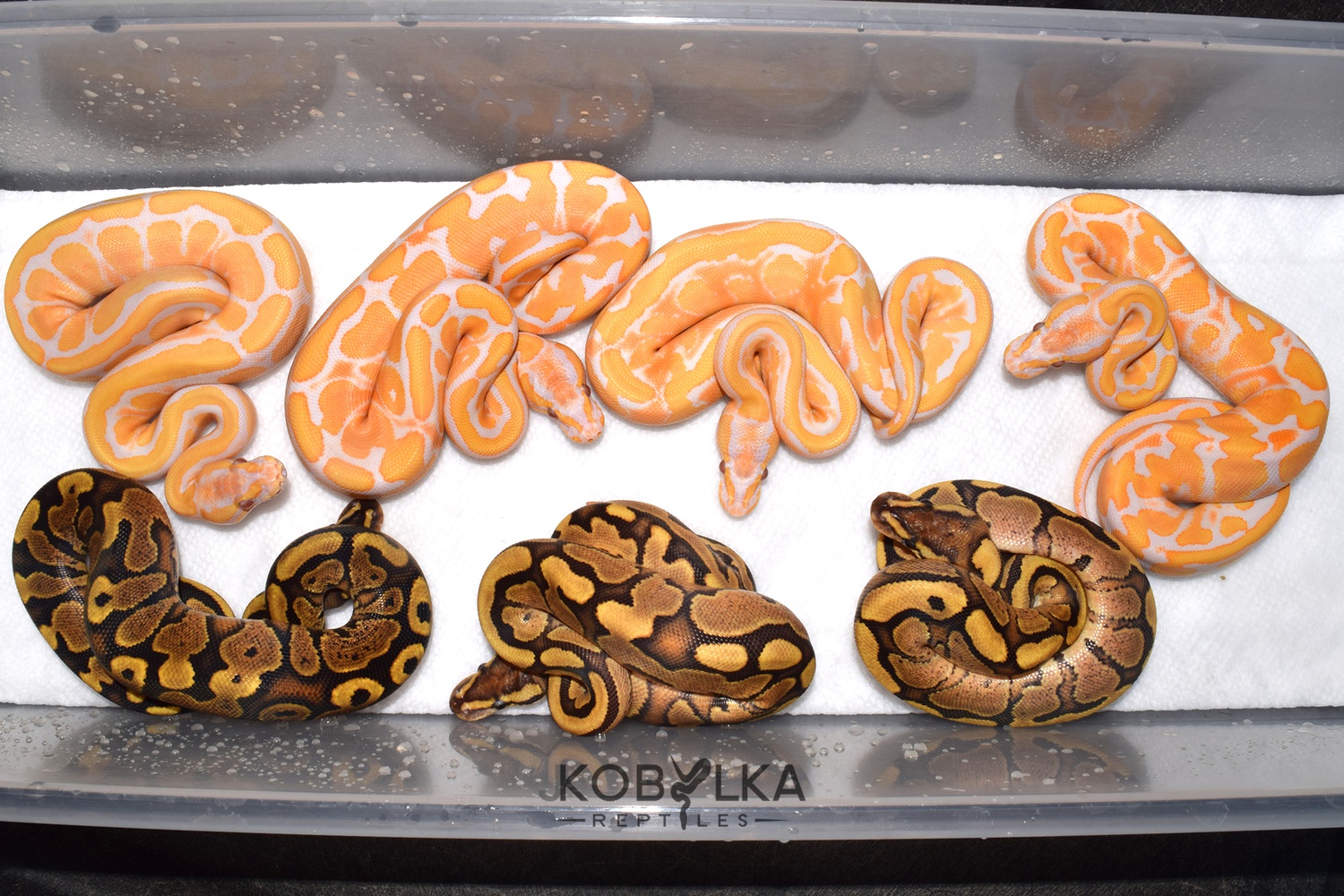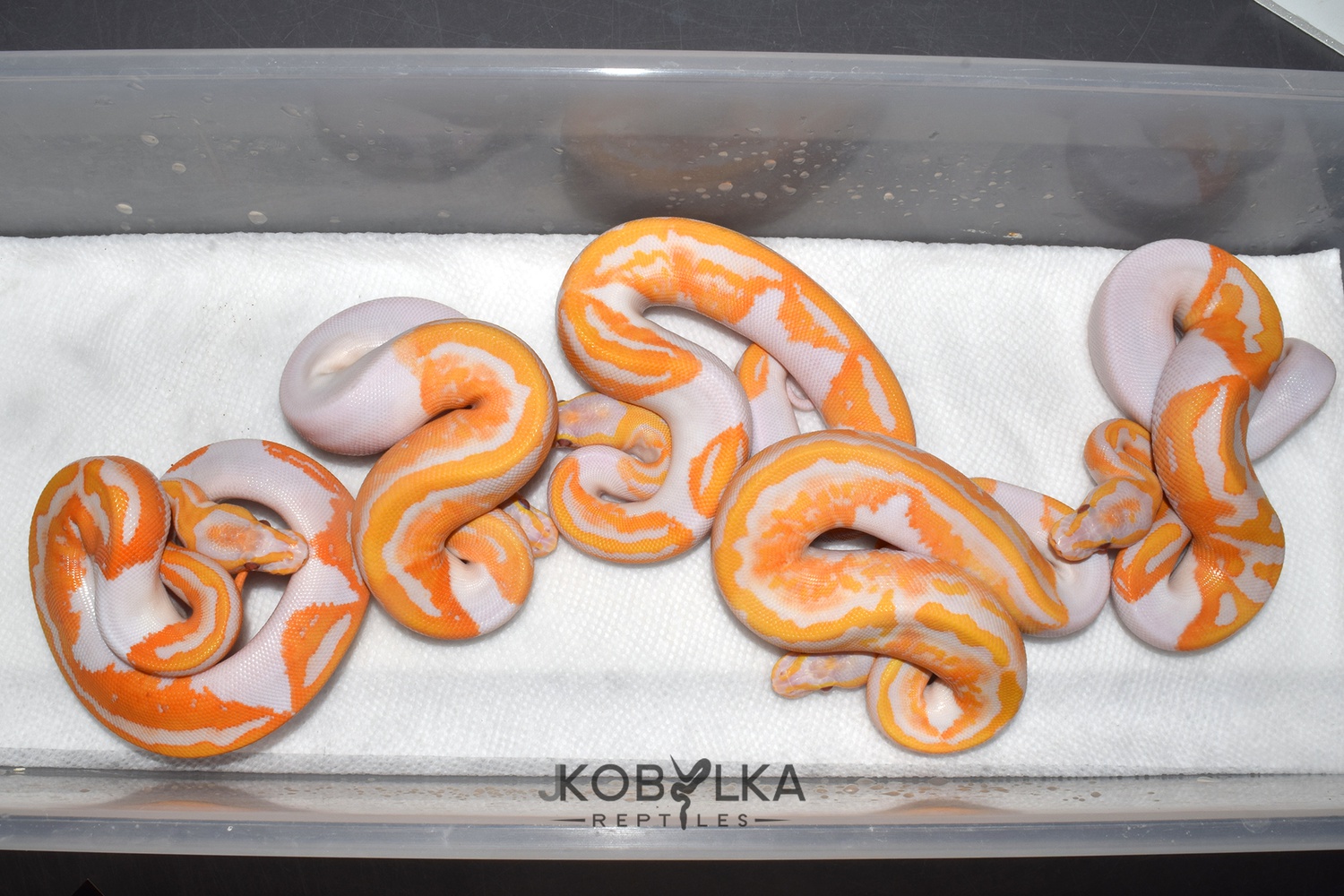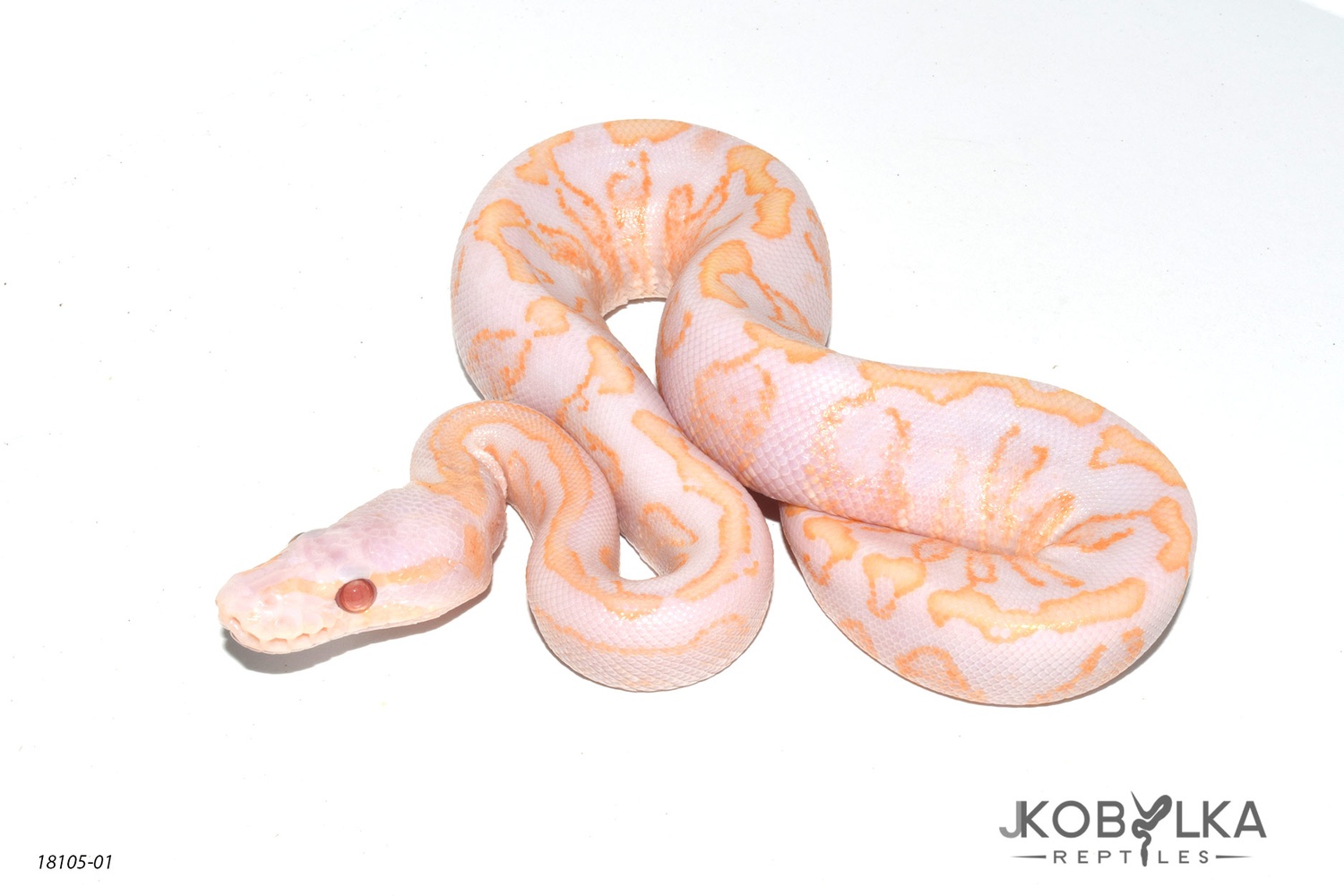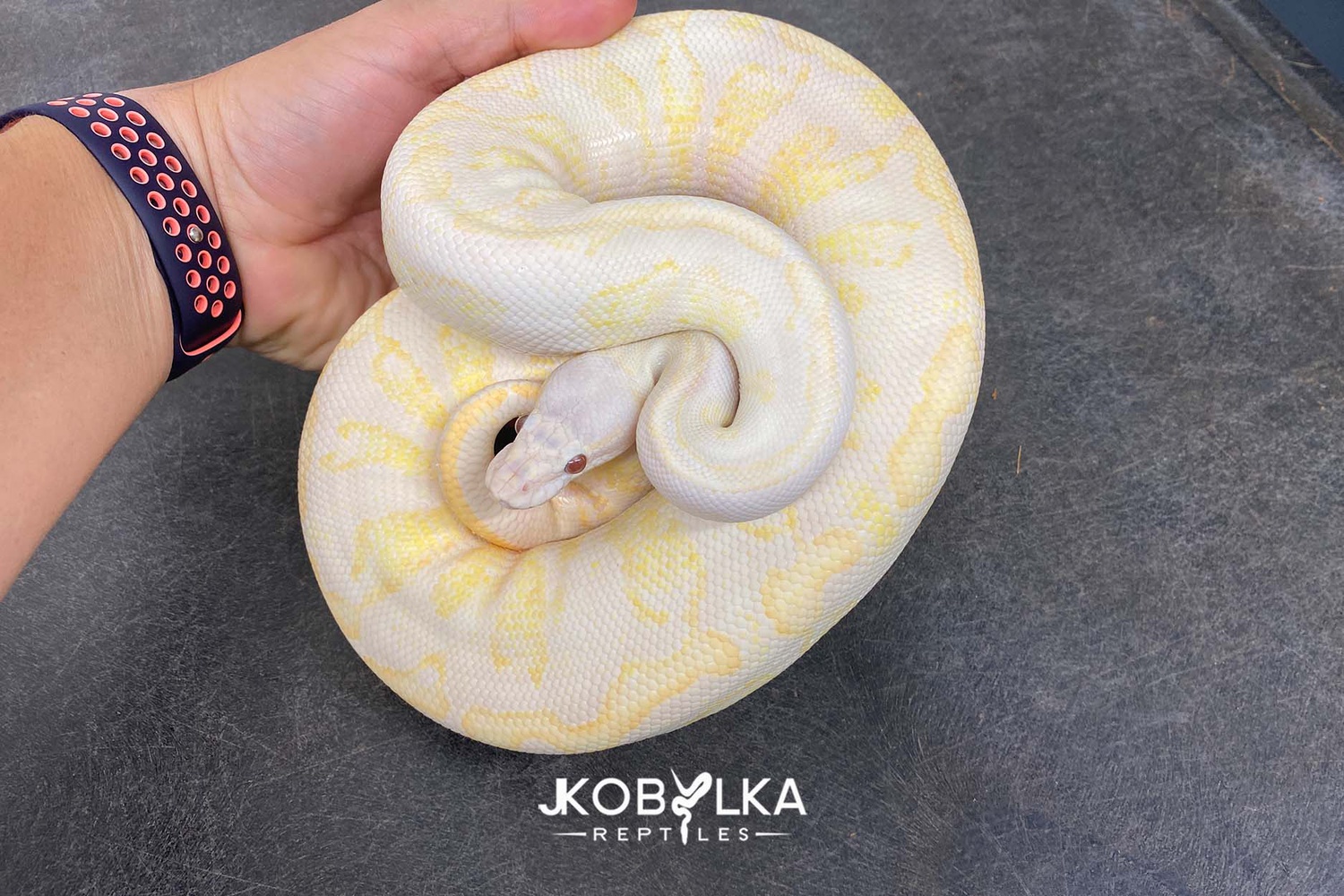Lavender Albino
Type: Recessive
First Produced By: Ralph Davis Reptiles
Aliases: Lav, Lavender
Issues: Photophobia
Availability: Common
Last Updated: 2025-02-05
Do you have any suggestions or corrections for this article?
Click here to contribute feedback
About
Lavender Albino Ball Pythons and Albino Ball Pythons are separate genetic lines that are not related. Breeding a Lavender Albino to an Albino will produce double heterozygous (‘het’) offspring, with none visually expressing both genes. It is a colour mutation, meaning the pattern of a Normal Ball Python remains largely untouched, but it does affect the pigmentation.
Lavenders show a lavender colour, in contrast to the bright white of an Albino, where the black or dark brown of a Normal Ball Python is.
Hypothesis: Genes linked to albinism in humans are the same as genes causing color morphs in ball pythons.
Defects in melanin production in humans cause a genetic condition known as albinism (technically, ‘oculocutaneous albinism’). Albinism in humans ranges from severe to mild, depending on the genetic cause.
The genes responsible for albinism in humans are shared with ball pythons. These genes encode proteins required for producing melanin. We predicted that the genes responsible for albinism in humans were the same as the genes causing the Albino/Toffee/Candy, Lavender Albino, and Ultramel color morphs in ball pythons.
the Lavender Albino morph is caused by a deletion in the gene OCA2. This gene encodes a protein responsible for maintaining the pH of the melanosome (the cellular structure where melanin is produced). Lavender Albinos cannot control of pH of this structure. As a result, the enzymes that produce melanin are less active, and less melanin is produced.
Issues
Photophobia
While the word photophobia literally translates to a "fear of light”. Its not actually that you are scared of light, but instead, are incredibly sensitive to it. Animals with albinism experience photophobia due to the lack of pigment in the iris, which does not allow the eyes to filter out light.
History
Ralph Davis had been hiding a female “Lavender albino” in his collection for sometime. A female that was offered to him from Africa as normal Albino ball python. At that time Ralph had committed to buying two “wild hatched” albino ball pythons. A while later Davis and NERD stumbled on to a baby import albino male in Africa which was described as “Different”, which was identical to Ralph’s original. Ralph bred the pair of Lavender Albinos together for the 2001 breeding season and produced 4 Lavender Albino babies exactly like mom and dad.
Appearance
Head
The head of a Lavender Albino Ball Python is topped with a golden yellow/orange crown, to match the colouration of the rest of its body, with the stripes of a Normal Ball Python showing through and under the eyes. Lips can be pink, lavender or rich yellow.
Neonates look very similar to regular high contrast albinos apart from more of an orange patch on their heads.
Body
The Lavender Albino still carries the ‘alien heads’ pattern of a Normal Ball Python but all dark pigmentation is stripped away, which gives it a large contrast against the purples, especially into adulthood.
As they grow, their true colors start to show and their back-ground color changes from white to a translucent looking pale lavender pink color. Their yellow markings are also much brighter than that of a common albino.
Belly
Lavender Albino Ball Pythons very rarely show any marking on their bellies, leaving a bright white set of scales.
Tail
The tail of a Lavender Albino is just like a Normal pattern wise but following the Lavender coloration.
Proven Lines
No known proven lines.
Related Traits
No known related traits.
Combos
- Dreamsicle (Lavender Albino Piebald)
- Grail (Clown Lavender Albino)
- Lavender Snow (Axanthic (VPI) Lavender Albino)
